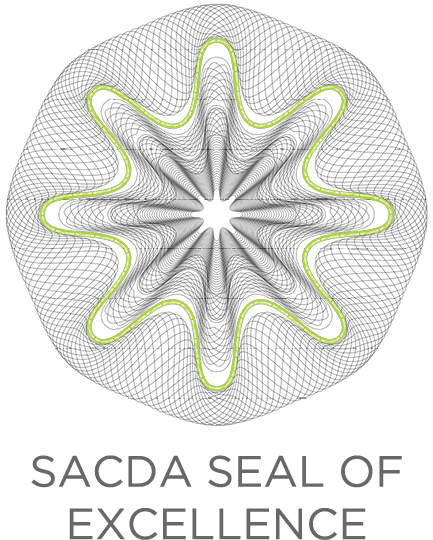Original Research
Psychological states of career wellbeing and affective commitment as predictors of dual career agility types
Submitted: 14 October 2021 | Published: 17 December 2021
About the author(s)
Melinde Coetzee, Department of Industrial and Organisational Psychology, College of Economic and Management Sciences, University of South Africa, Pretoria, South AfricaAbstract
Background: There is limited empirical research on the construct of career agility and the relevance of dual career agility types in the technological-driven workplace.
Objective: This study aimed to adopt a person-centred approach in assessing the link between dual career agility types and individuals’ psychological states of career wellbeing and affective commitment.
Method: The cross-sectional survey involved a sample of (n = 298) managers (71%) and staff (29%) employed in the human resource and financial services industry. The sample comprised of men (54%), women (46%), including black people (62%) and white people (38%) with a mean age of 38.58 years.
Results: The results provided deeper insight into the psychological states of career wellbeing and affective commitment that accounted for the personally-autonomous motives that are embedded in the three dual career agility types.
Conclusion: The findings brought a more holistic understanding of the nature of person-centred career agility motives and the psychological states that elucidate these motives. The findings bring new insights that might foster optimal career development and employees’ adaptation to the post-COVID pandemic digital era workplace.
Keywords
Metrics
Total abstract views: 2085Total article views: 2348
Crossref Citations
1. Career agility for purposive career exploration: Role of adult learners’ career orientations and digital-era world of work awareness
Melinde Coetzee
African Journal of Career Development vol: 4 issue: 1 year: 2022
doi: 10.4102/ajcd.v4i1.54
